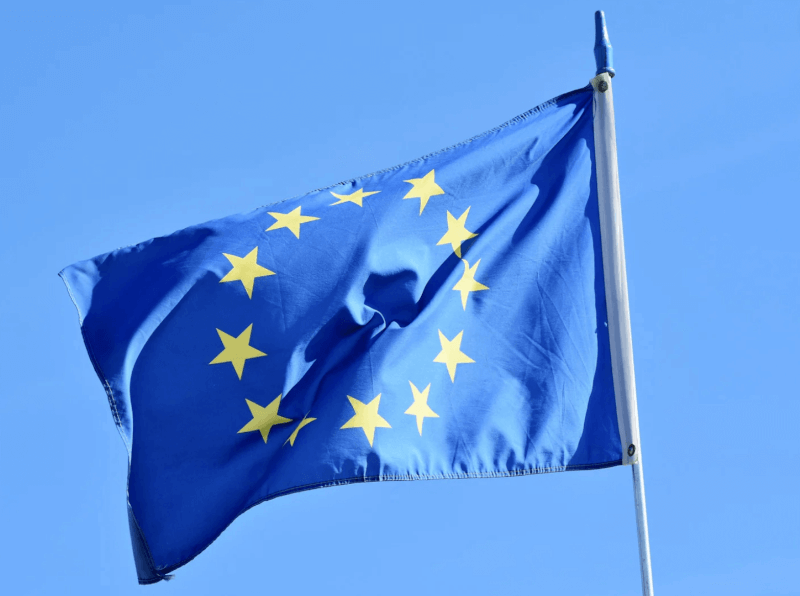The European Central Bank (ECB) needs more time to ensure inflation is steadily moving towards the 2% target, and current economic conditions suggest that further rate cuts are not urgent, ECB President Christine Lagarde stated on Monday.
In June, the ECB reduced rates for the first time following its most aggressive rate hike spree on record. However, it refrained from committing to any further cuts, citing the uncertain economic outlook.
“It will take time for us to gather sufficient data to be certain that the risks of above-target inflation have passed,” Lagarde remarked at the ECB Forum on Central Banking, the bank’s premier policy conference. “The strong labour market means that we can take time to gather new information,” she added.
The ECB is balancing inflation uncertainties against weak economic growth. While uncertainty calls for caution in cutting rates, persistent economic weakness argues for easing, creating a challenging situation for the ECB.
Lagarde acknowledged this dilemma, noting that it is still uncertain whether the eurozone will avoid a recession despite modest growth in the last quarter. “A ‘soft landing’ is still not guaranteed,” she said. “We also need to be mindful of the fact that the growth outlook remains uncertain.”
Recent growth indicators have been weaker than expected, challenging the belief that the eurozone’s economic stagnation is over and a recovery is underway. Despite this, investors believe inflation concerns will take precedence over recession fears, leading the ECB to proceed cautiously with rate cuts. They now anticipate between one and two more cuts this year and only four cuts by the end of 2025.
This caution stems from the murky inflation outlook. Price growth is expected to hover around 2.5% for the rest of the year before aligning with the ECB’s 2% target by the end of 2025. Although disinflation has been relatively rapid over the past year, high services costs pose a threat to this trend. Policymakers are now focused on whether companies are absorbing quick wage growth or passing these costs onto customers.
“We are still facing several uncertainties regarding future inflation, especially in terms of how the nexus of profits, wages and productivity will evolve and whether the economy will be hit by new supply-side shocks,” Lagarde concluded.





